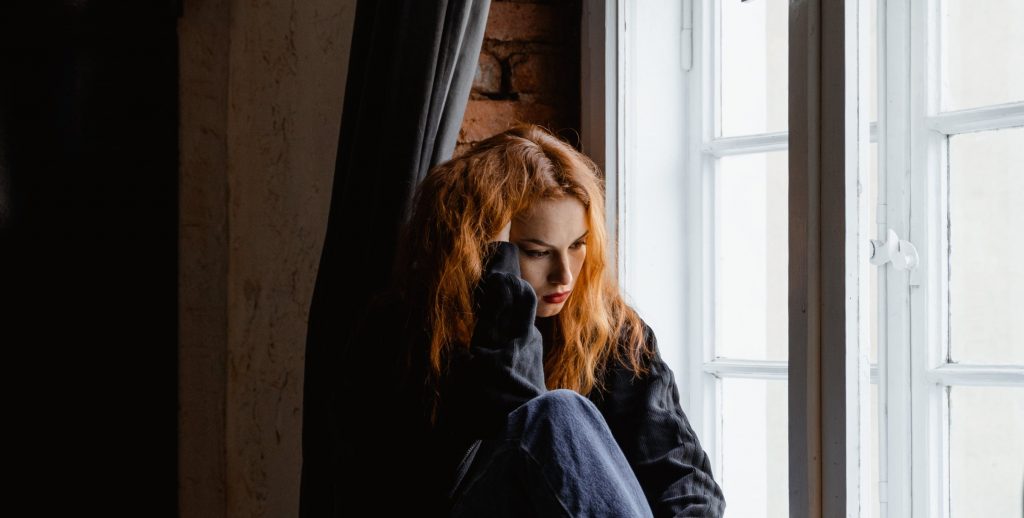When Should I get an STI Test?
A number of calls to our booking team come from patients who are worried they may have been exposed to an STI in a recent incident. They tell us that their exposure was just the night or a couple of days before their call. They can be disapointed when we explain they should wait for a couple of weeks. That is because there is not a single right answer for when to be tested for recent exposure to STIs. Each type of infection develops at a different rate in everybody.

HIV, Hepatitis B and Hepatitis C can be detected at just 10 days with our Early Detection Screen. Chlamydia or gonorrhoea can be detected just two weeks after exposure (earlier if you have symptoms), while herpes can take four to six weeks to develop detectable levels of antibodies. That is why our advisors will ask you if there has been a recent incident that has worried you. It is very important for the accuracy of the tests that you have achieved the right incubation period. The last thing we want to do is book you a test which may not be as accurate as it can be because you have tested too soon. This is not good for you, and definitely not good for your next partner who may be put at risk.
Patients at this stage of the conversation often ask if this means that if they do not develop symptoms in the incubation window they have not been infected. The short answer is “No!”. Everyone’s immune system responds differently to infections. Common STIs such as Chlamydia, Gonorrhoea, Herpes and even Syphilis frequently have minor or no symptoms at all. Around half people with a new HIV infection have no symptoms for the first few years. So if you feel you may have been at risk the only way to find out for sure is to get tested.
Categories
- Awards
- Bacterial Vaginosis
- Blood Tests
- Cervical Cancer
- Chlamydia
- Condoms
- Covid-19
- Gardnerella
- Genital Warts
- Gonorrhoea
- Health and Wellness
- Hepatitis A
- Hepatitis B
- Hepatitis C
- Herpes
- HIV
- HIV (AIDS)
- Home Testing
- HPV
- Instant Testing
- MSM
- Mycoplasma
- News
- Non-Specific Urethritis
- PAP Smear
- Pre-Pregnancy
- Sexual Health
- STD Symptoms
- STD Tests and Screens
- STI Transmission
- Stigma
- STIs
- Swab Tests
- Syphilis
- Trichomonas
- Ureaplasma
- WSW
- Zika
